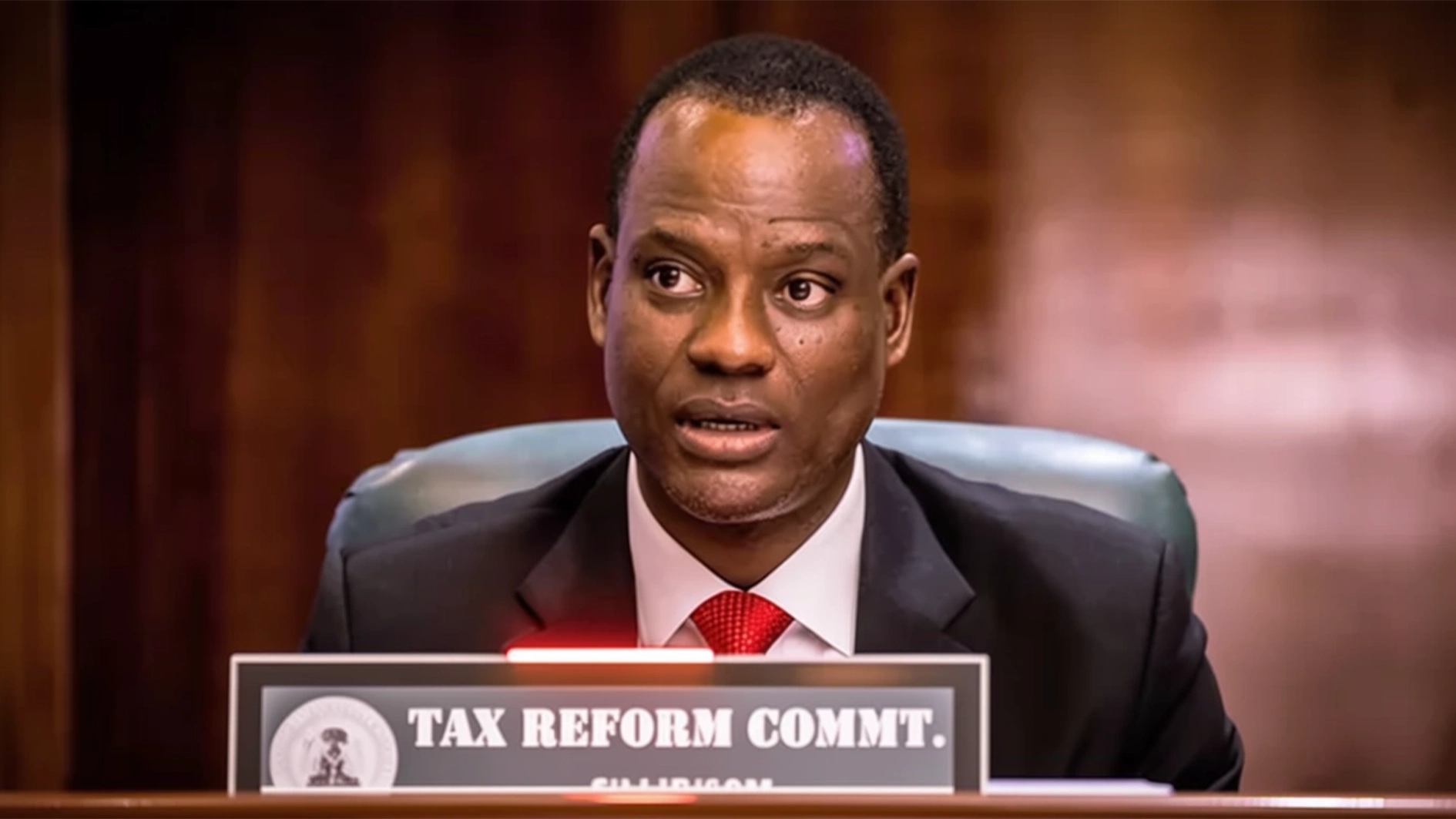
The National Agency for the Control of AIDS ( NACA) has expressed its determination to scale up the prevention of mother-to-child transmission of HIV (PMTCT) services nationwide.
The agency stressed the need to promote universal access to free antenatal care and abolish user fees for PMTCT services nationwide.
Director General of NACA, Dr Temitope Ilori, who disclosed this at a press conference to mark the 2024 World AIDS Day in Abuja stated that the country is facing a significant challenge in preventing mother-to-child transmission of HIV.
She added that the HIV response is experiencing dwindling donor funding, gaps in service delivery, HIV-related stigma and discrimination, and rising needs in vulnerable populations, including internally displaced persons.
Ilori noted that the UNAIDS 2023 report shows that approximately 160,000 children aged 0-14 are living with HIV, with 22,000 new infections and 15,000 AIDS-related deaths occurring each year.
She observed that despite the country’s progress in HIV epidemic control, its PMTCT and pediatric HIV coverage remains below 33%—well below the 95% target.
Ilori noted that Nigeria has an HIV prevalence of 1.4% among the general population, 15-64 years with an estimated 2 million people living with HIV and N1.6 million currently receiving treatment
The NACA boss revealed the plan of the agency to expand health insurance schemes to include comprehensive HIV care for everyone.
Ilori noted that this year’s theme, “Take the Rights Path: Sustain HIV Response, Stop HIV among Children to End AIDS in Nigeria by 2030”, aligns closely with our national goals of inclusivity, solidarity, and sustained progress in the fight against HIV/AIDS.
She highlighted some challenges being faced in the HIV response, including dwindling donor funding, gaps in service delivery, HIV-related stigma and discrimination, and rising needs in vulnerable populations, including internally displaced persons among others.
The DG urged Nigerians to support the agency to break the stigma, embrace equity, drive collective action, and stop HIV among children.
“We must empower every individual, especially women who are most vulnerable to contracting HIV and other vulnerable populations, to access life-saving services and live with dignity,” she added.
Also speaking, UNAIDS Country Director in Nigeria Dr Leo Zekeng noted that 43 years after the discovery of the first AIDS case, AIDS is still an unfinished business.
He said, “But as we move forward towards ending AIDS by 2030, which would mean identifying more people, you know, so who are not yet on treatment, which would mean reducing new infections, you know, the current model that we have is just not sustainable. Sustainability for us would mean renewed political commitment.”
Zekeng emphasised the need to encourage and promote local manufacturing of commodities and stop babies from being born with HIV and AIDS.






